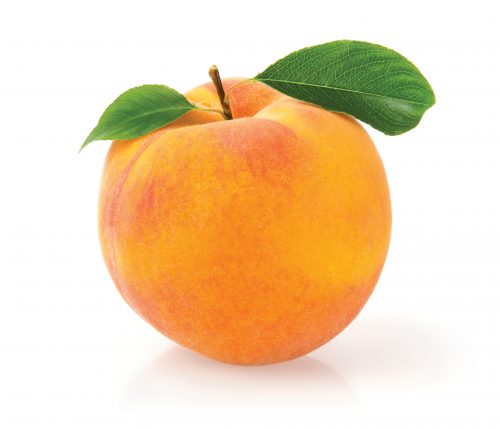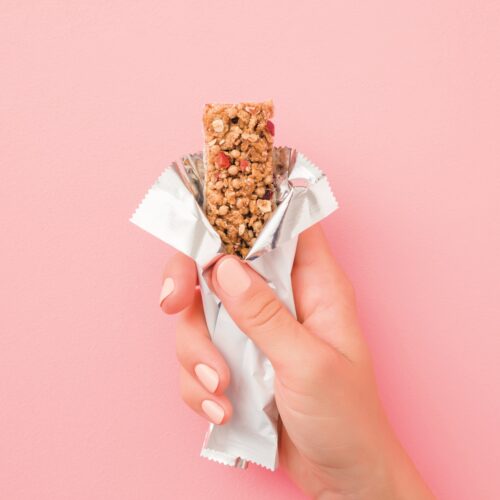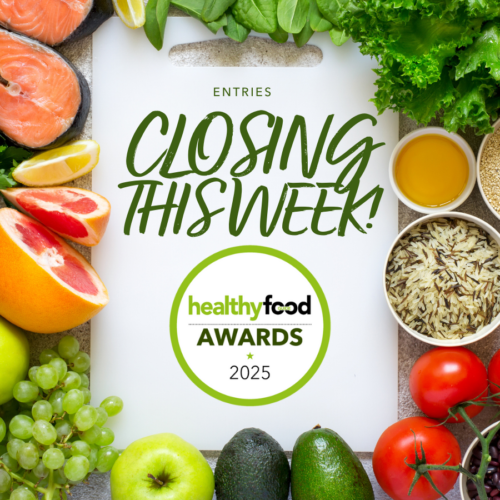
Dried fruit is less messy to eat when you’re on the run, but is it just as healthy as a piece of fresh fruit?
1 fresh apricot (54g)
100kJ, 4.5g sugars, 1g fibre, 130mg potassium, 46g water; 2790mcg beta-carotene
vs
3 dried apricots (21g)
200kJ, 9.4g sugars, 1.9g fibre, 320mg potassium, 7g water; 135mcg beta-carotene
Dried fruit can be a convenient snack, but it’s easy to forget we’re eating a piece of fruit that is now smaller and more energy dense.
Without the water plumping up the fruit, it doesn’t make us feel as full as quickly and we tend to consume more. So instead of one fresh apricot, we might eat three dried apricots.
When fruit is dried, most of the water is removed and, with it, most of the water-soluble vitamins including folate, beta-carotene and vitamin C. Fibre and potassium, two important nutrients from fruit, are both retained.
Some dried fruit is just that – dehydrated fruit – but some can be as low as 60 per cent fruit. Sugar, oil, preservatives and antioxidants can often be seen on the ingredients lists of different dried fruits, so it pays to check.
Dried apricots often contain sulphites to help retain flavour and colour, and prevent browning and spoilage. Because some people are sensitive to these, especially people with asthma, sulphites must be declared in the ingredients list.
Dentists also warn us that dried fruit can stick to your teeth, promoting dental caries.
Fresh fruit is better as it retains all of the nutrients and phytonutrients found in the fruit, is lower in energy, fills you up more readily and doesn’t stick to your teeth.
www.healthyfood.com











